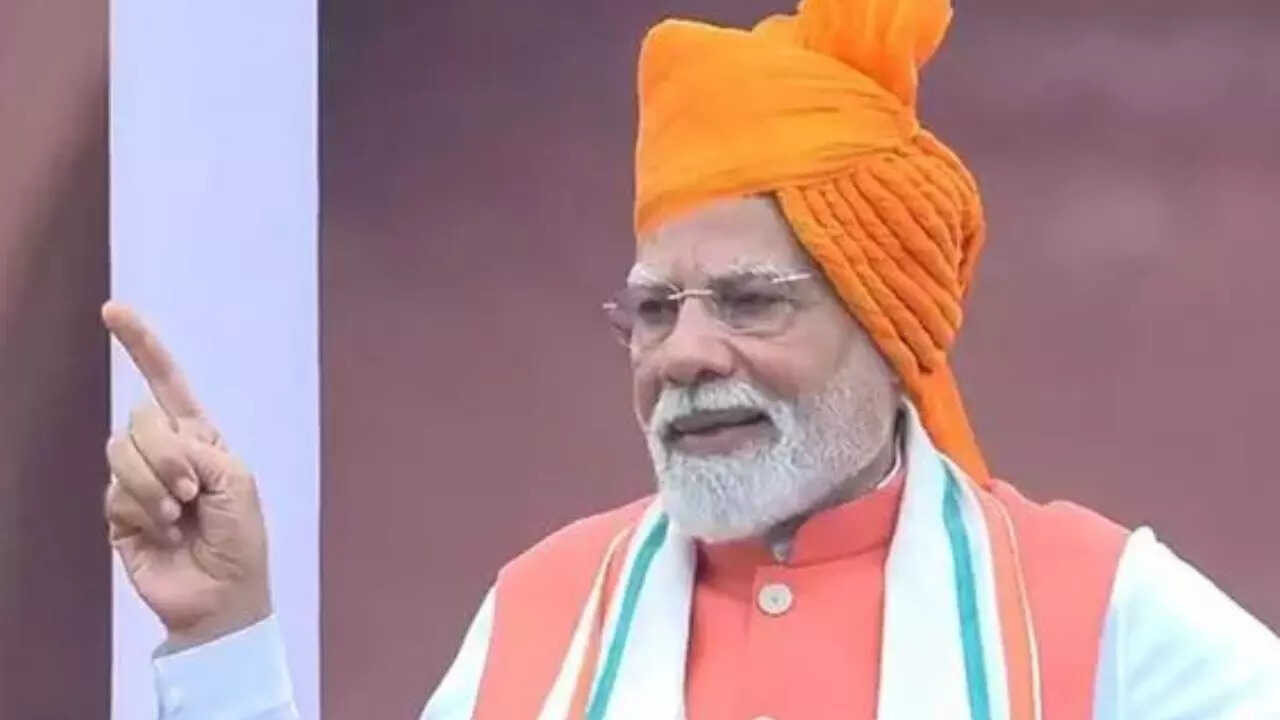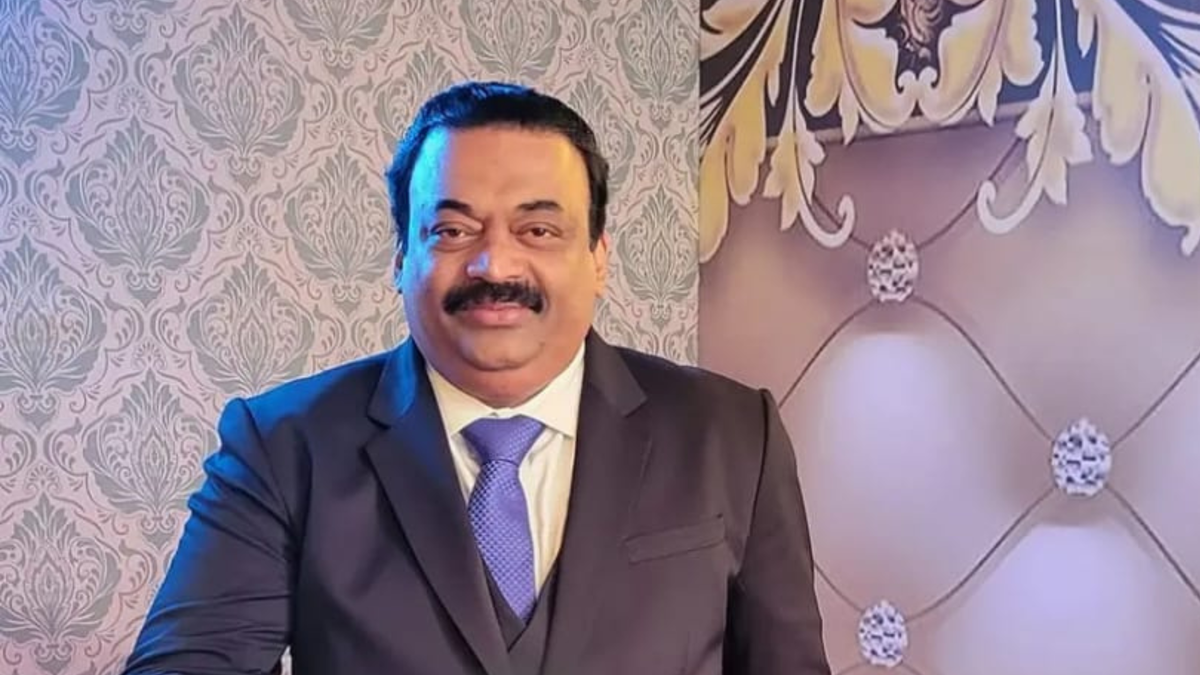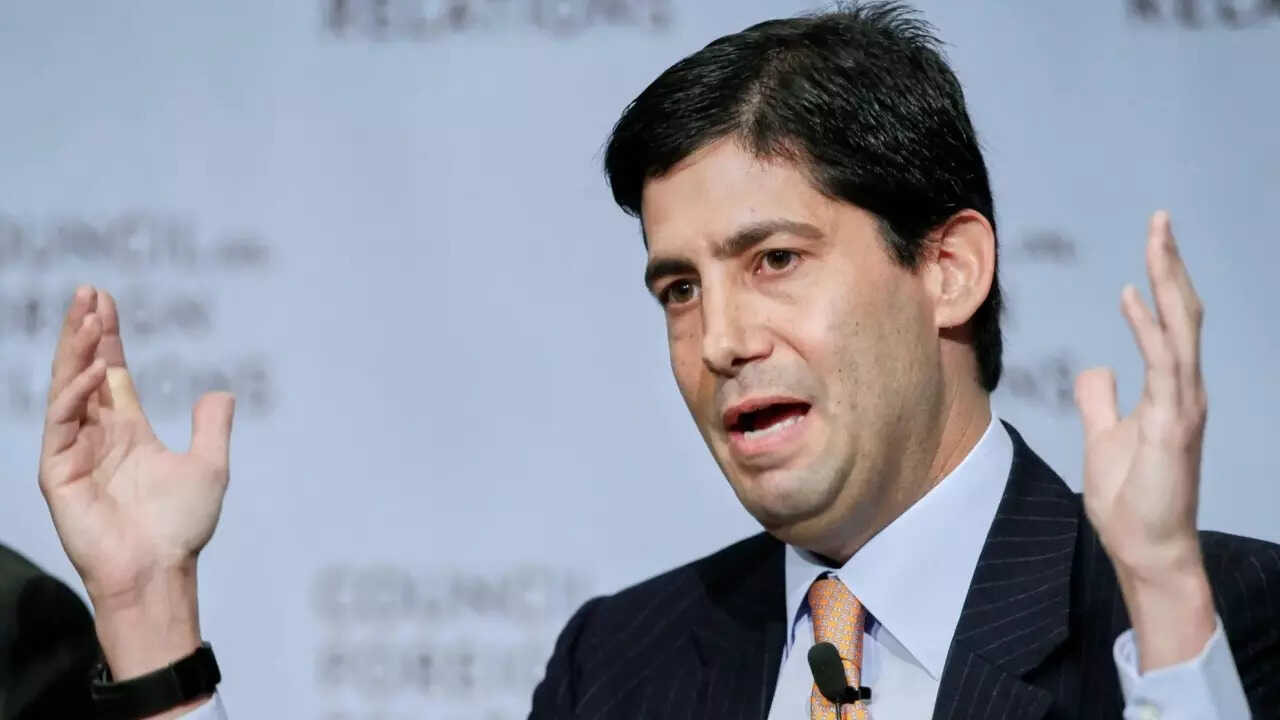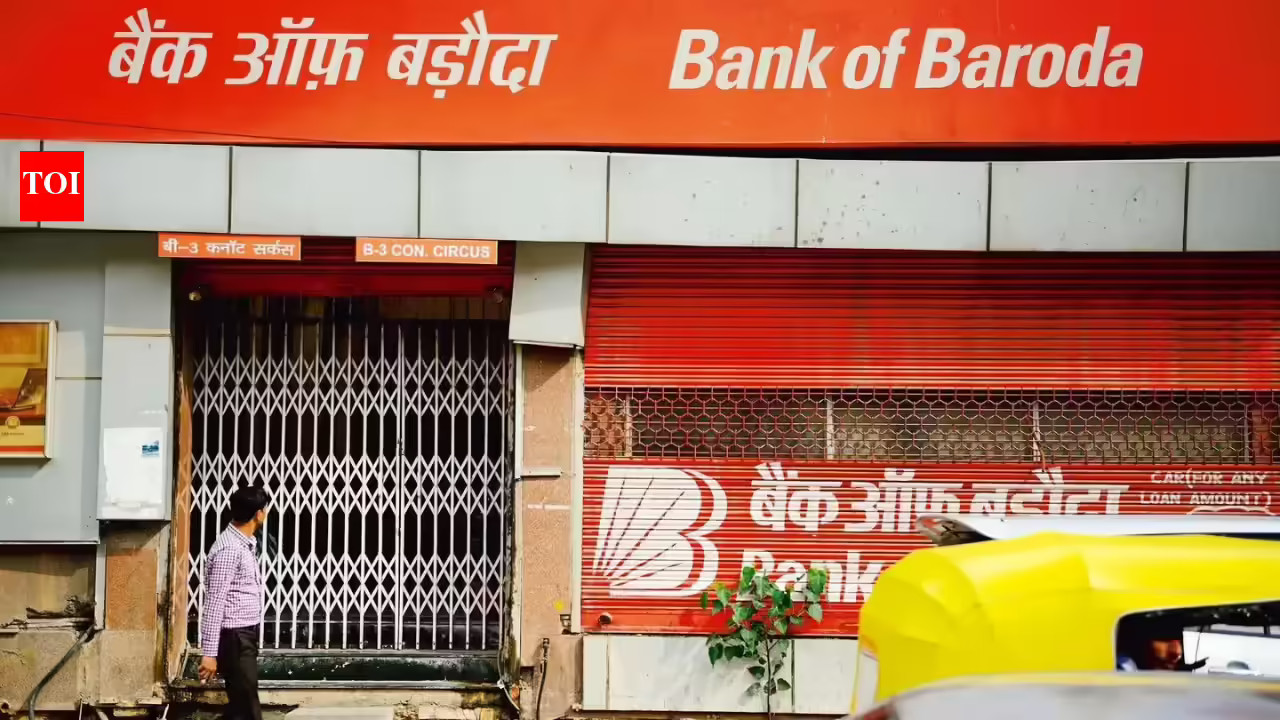Prime Minister Modi announced India’s push for self-sufficiency in critical minerals like lithium and rare earth elements, essential for clean energy and technology. Exploration is underway at over 1,200 sites. He also emphasized reducing reliance on fertilizer imports, urging judicious use and increased domestic production to protect soil health and benefit the nation’s economy.
India Charts Course Towards Mineral Independence: A Bold Vision for the Future
Prime Minister Modi, addressing the nation on Independence Day, laid out a compelling vision for a self-reliant India, with a strong emphasis on securing the nation’s access to critical minerals and boosting domestic fertilizer production. It was more than just a speech; it was a roadmap to economic sovereignty, a call to action that resonates deeply with the aspirations of a nation on the rise.
The Prime Minister’s message was clear: India needs to significantly reduce its reliance on imported goods, particularly in sectors crucial to its economic and strategic interests. This isn’t just about cutting import bills; it’s about building resilience, fostering innovation, and securing the foundation for sustainable growth. The spotlight shone brightly on the need for atmanirbharta – self-reliance – in critical minerals and fertilizers, sectors vital for everything from agriculture to high-tech manufacturing.
Why Critical Minerals Matter: Powering India’s Tomorrow
The world is rapidly transitioning towards a greener future, and critical minerals are the building blocks of this transformation. From electric vehicle batteries to solar panels and wind turbines, these resources are essential for powering the industries of tomorrow. However, the global supply chains for these minerals are often concentrated in a few countries, making nations vulnerable to disruptions and geopolitical shifts.

India’s push for self-reliance in critical minerals isn’t merely about securing access to resources; it’s about positioning itself as a key player in the global clean energy revolution. By developing domestic mining and processing capabilities, India can not only meet its own needs but also potentially emerge as a reliable supplier for other nations. This involves strategic investments in exploration, technological innovation, and sustainable mining practices. The government is actively encouraging private sector participation and fostering partnerships to accelerate the development of this crucial sector.
Fertilizer Fortification: Nourishing the Nation’s Growth
Agriculture remains the backbone of the Indian economy, and ensuring food security is paramount. Fertilizers play a crucial role in boosting crop yields, but India relies heavily on imports to meet its fertilizer needs. This dependence exposes the country to price volatility and supply chain disruptions, impacting farmers and the overall economy.
Prime Minister Modi’s call for increased domestic fertilizer production is a strategic move to shield farmers from these vulnerabilities. It involves promoting the use of alternative fertilizers, improving fertilizer use efficiency, and investing in domestic production facilities. Encouraging the use of nano-fertilizers and organic farming practices are also vital aspects of this strategy. By fostering a more resilient and sustainable fertilizer sector, India can ensure food security for its growing population while reducing its dependence on external sources.
Beyond Minerals and Fertilizers: A Holistic Approach to Self-Reliance
While the emphasis on critical minerals and fertilizers was prominent, the Prime Minister’s vision extends far beyond these specific sectors. It’s a holistic approach to building a self-reliant India across various domains, from manufacturing and technology to healthcare and infrastructure. This involves promoting innovation, fostering entrepreneurship, and creating a conducive environment for domestic industries to thrive.
Initiatives like “Make in India” and “Startup India” are playing a crucial role in driving this transformation. By attracting investments, promoting technological advancements, and empowering local businesses, India is steadily building a stronger and more self-reliant economy. This also goes hand-in-hand with skill development initiatives to ensure that the Indian workforce is equipped with the necessary skills to meet the demands of a rapidly evolving economy. Consider reading about some of the [government initiatives to support local businesses](internal-link-to-related-content) for a deeper understanding of the topic.
The Path Forward: Challenges and Opportunities
Achieving self-reliance in critical minerals and fertilizers is an ambitious goal that requires sustained effort and strategic planning. There are challenges to overcome, including technological gaps, environmental concerns, and regulatory hurdles. However, the opportunities are immense. By leveraging its vast mineral resources, skilled workforce, and entrepreneurial spirit, India can not only secure its economic future but also emerge as a global leader in sustainable development. The Prime Minister’s address has set the stage for a new era of growth, innovation, and self-reliance, paving the way for a brighter future for generations to come. This renewed focus on critical minerals signals a significant shift towards energy independence and technological advancement.
Ultimately, India’s journey towards self-reliance in critical minerals and fertilizers represents a bold step towards securing its economic future. By prioritizing domestic production, promoting innovation, and fostering sustainable practices, India is positioning itself as a key player in the global economy and ensuring a more secure and prosperous future for its citizens. This vision requires collaborative effort from the government, private sector, and citizens alike to realize its full potential and truly establish a self-reliant India.







